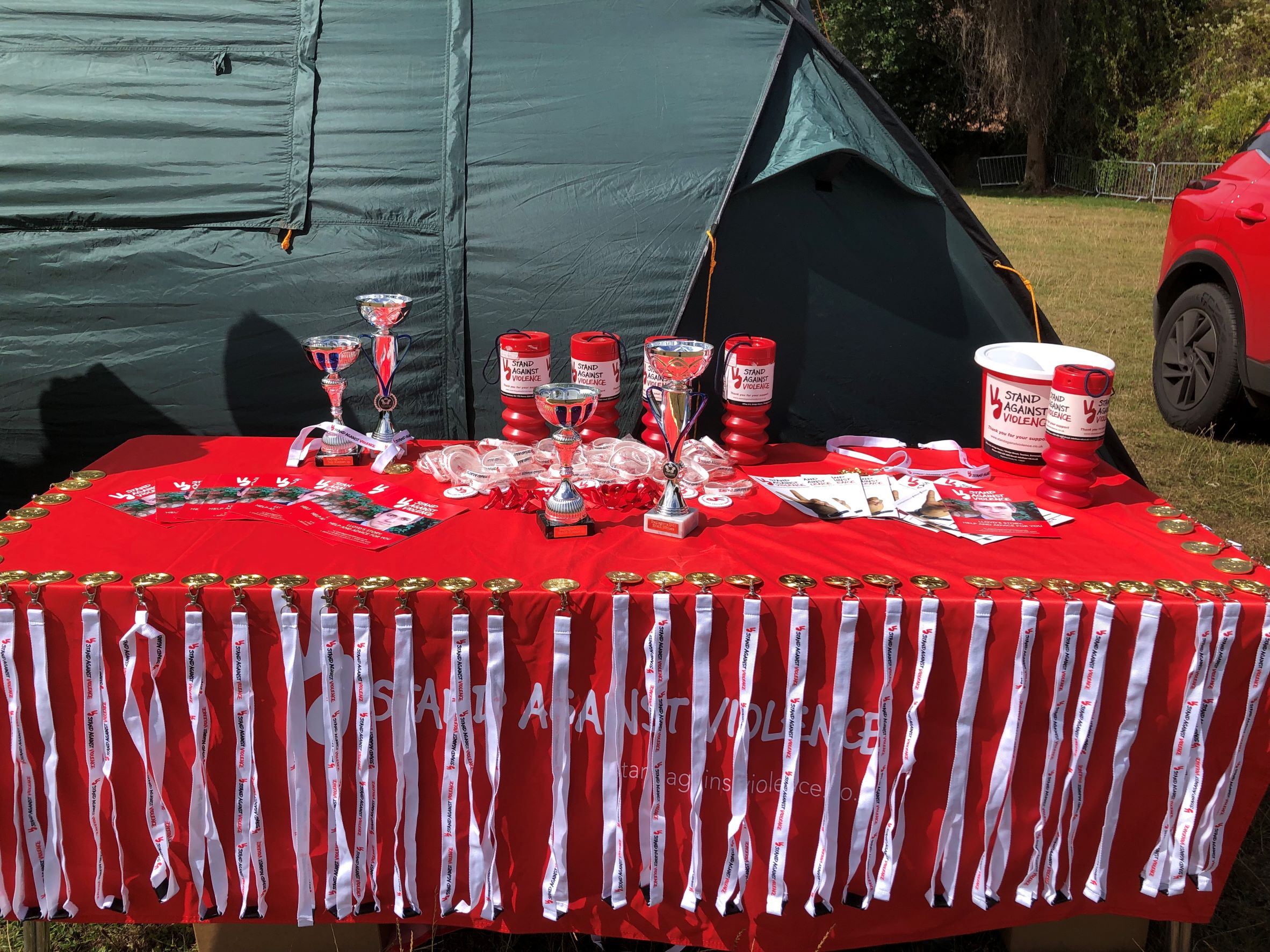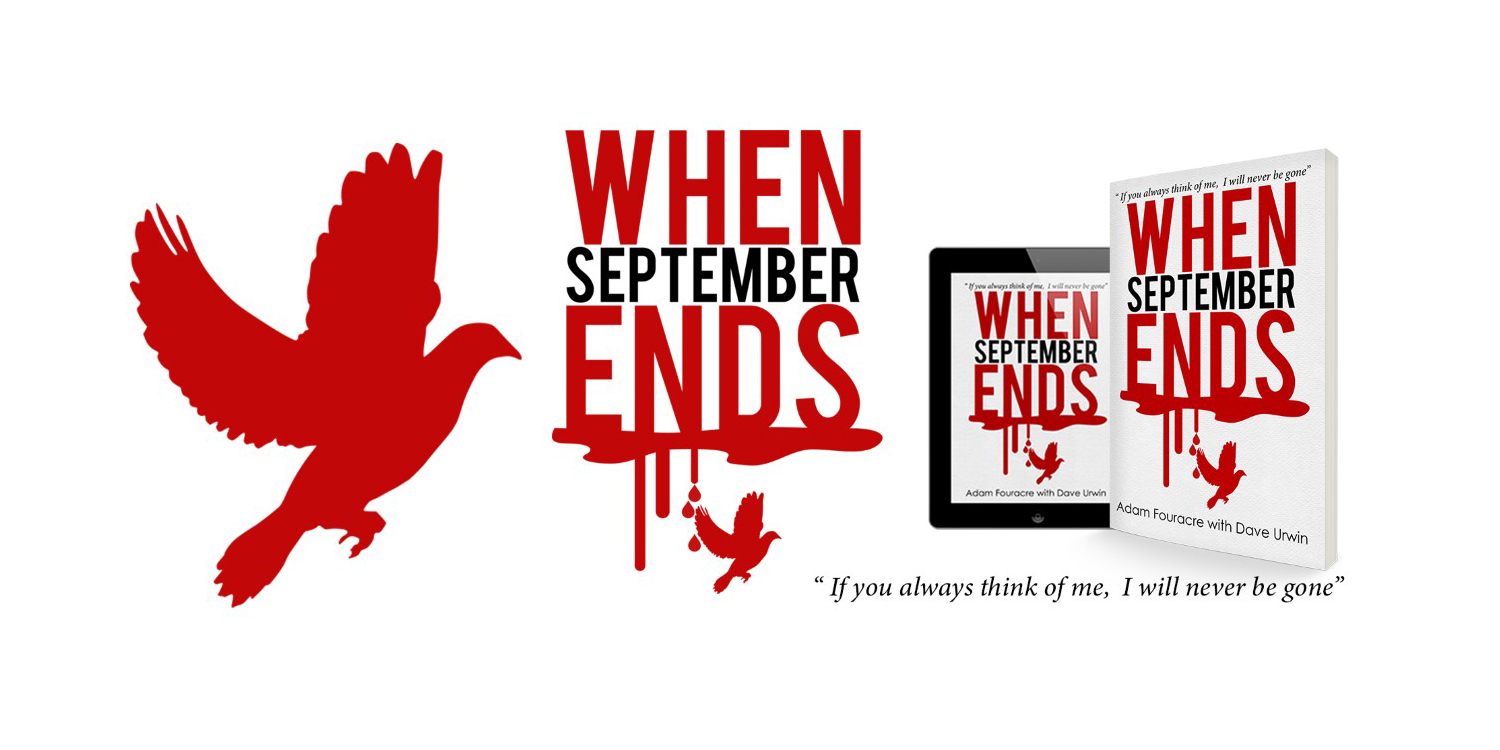Stand Against Violence Presents: Violence Discussion #4
Wednesday 17th March, 2021

County Lines Q&A featuring Neil Woods and Hallam Walker-Smart
The Guests:
Neil Woods
Neil is a former Detective Sergeant who has had more exclusive access than most to drug gangs through his undercover work in the past. He is now chairman of LEAP (Law Enforcement Action Partnership) - a UN accredited international organisation comprised of law enforcement figures, military and policy influencers who campaign for evidence-based drug policy. He is the bestselling author of 'Good Cop, Bad War' and 'Drug Wars' with JS Rafaeli.
Neil says: - "Police tactics may disrupt drug supplies, but they cause more crime and even contribute to the use of children as a go-between in county lines, undermining Peel's principles (Sir Robert Peel explained that good policing is about ensuring low crime rates in the community rather than high arrest statistics.)"
He is arguing for drug laws to be reformed in the UK, explaining that he would spend months infiltrating a drug gang and ultimately get the ringleaders off the streets but then another gang would encroach on their territory within hours and so the problem would never be solved. Therefore he believes that the regulation of all drugs is the way to break the cycle, removing the black market and so preventing the gangs from being able to exploit people in this way.
Hallam Walker-Smart
Hallam is an ex-young offender and the head of service at Stronger People CIC, a company which delivers specialist risk assessment and intervention services for young people affected by Child Criminal Exploitation.
He combines an extensive experience of safeguarding and intervention work with his own lived-experience of gang crime, youth violence and county lines to deliver evidence-based, trauma informed practice with young people to lower risks and improve outcomes.
He has delivered training and support services to social workers and practitioners as well as creating an in-depth risk assessment toolkit and framework with Stronger People. He also works in a safeguarding role in education in Nottingham.
The Discussion Points:
This latest discussion took a different format to those that had gone before, in which we asked for questions via our social media prior to the discussion taking place. To get the full impact of the answers it would be best to watch the video but we appreciate that not everyone will have time and so a taster of what was talked about.....
Neil outlined how Law Enforcement Action Partnership are campaigning for the legalisation and regulation of all drugs; not turning it into a free-for-all where people can buy any amount from the corner shop, but more taking each drug and creating policies whereby the black market is removed and so those who do choose to take drugs can do so in a safe and controlled way but more crucially gangs are no longer able to use drugs to exploit vulnerable people, amass fortunes off the back of this exploitation and endanger many lives, including their own. For example, he explained how nobody has died as a result of taking heroin in a regulated treatment centre where the doses are managed and contain a safe amount, whereas in recent years the number of drug deaths in the UK have been more than the number of traffic accident-related deaths on occasion, and this is often related to heroin overdoses.
He explained that along with this change of policy should be education on the subject as well as proper care for those already addicted.
Neil came to this conclusion as the way forward after being involved in numerous underground police operations between the early 90s and mid 2000s in which he would work for months infiltrating gangs and get the ringleaders sent to prison but would always find that a new gang would move into the territory within a short space of time - usually within hours. Therefore it became clear the existing 'war on drugs' was not working and a new approach was needed. Jim Nixon, another ex-policeman, commented on the live thread to voice his agreement with Neil's argument and there are a number of ex-police involved with LEAP.
For the record, Stand Against Violence do not officially endorse this approach as a charity but were willing to give Neil a platform to explain his ideas and why he holds them so people can agree or disagree.
Hallam was talking more from the approach of how he uses his lived experience to help empower young people at risk of joining or already part of gangs to make positive choices. He explained how there is a complex risk assessment his organisation, Stronger People, go through with each young person they work with and it is crucial that everyone is treated as an individual and worked with holistically because there are many different reasons why people join gangs. It is also worth noting that even those who join because of the status and the fast money the believe it will give them are exploited and that nobody thinks of joining a gang as being a sensible career move.
He spoke of the complex reasons he became involved in crime personally and how after leaving prison he went to university and learnt of a very different way of life that involved far less risk and danger to himself than the way he had been living previously. He was able to get support from an organisation called The Longford Trust for his education and he now works with young people to tell them honestly and with the benefit of his own experience how they do have alternatives to a life of crime.
The overall message was that County Lines gangs are able to operate successfully because they are able to exploit people, and this happens for a number of reasons. Many of the young people who get involved are vulnerable people looking for a sense of belonging, but not all fit this mould. The key is education - all young people need to be made aware of how this exploitation happens and why it is not in their interests to become involved. Hallam did admit that he was unsure if this kind of intervention would have worked with him but that Stronger People have a proven track record of success and the more people who share their experience to help others learn the lessons they had to the hard way the more of a generational change this should help to create.



